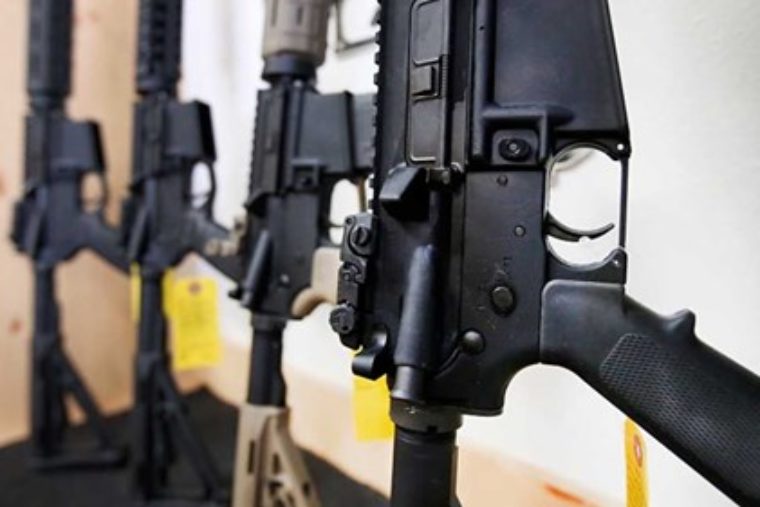“I believe “red flag” laws pretty clearly fail the “political constitutionalism” conception of what due process entails for a societally cherished and constitutionally enumerated individual right. The Framers would have been positively aghast at the notion that a next-door neighbor or workplace supervisor could successfully petition a court to deprive an individual of his Second Amendment rights — let alone in ex parte, secretive fashion — for up to two weeks before a gun owner may attempt to defend himself. To many, that may seem awfully reminiscent of the old English Star Chamber. And even more horrifyingly Orwellian is the on-the-ground reality that people have already died at the hands of law enforcement after they have been unwilling to turn in their GVRO-stripped firearms.”
For the first time in recent memory following a horrific mass shooting, there appears to be an emerging consensus of many elected Republicans and outside conservative voices that “something” must finally be done on the issue of guns. In particular, many Republicans seem eager to consider the state-level adoption and implementation of so-called “red flag” laws — otherwise known as “gun violence restraining orders” (GVROs). The popularity of “red flag” laws seemed to increase after National Review’s David French endorsed them in the aftermath of the 2018 Parkland shooting, and President Donald Trump endorsed them this week in the aftermath of last weekend’s mass shootings in El Paso, Texas and Dayton, Ohio.
While specific “red flag” laws will vary in their precise statutory wording, French summarized the basic statutory framework in his post-Parkland endorsement: “[B]roadly speaking, [‘red flag’ laws] permit a spouse, parent, sibling, or person living with a troubled individual to petition a court for an order enabling law enforcement to temporarily take that individual’s guns right away.” The basic concept of the GVRO may be fairly analogized to that of a restraining order, in the context of family law.
by John Hammer



